
Social Success on the Carnivore Diet: Tips for Staying Committed at Gatherings and Restaurants
Social gatherings often mean a spread of carb-heavy foods and tempting desserts that can make sticking to the carnivore diet feel tricky. But with a b...
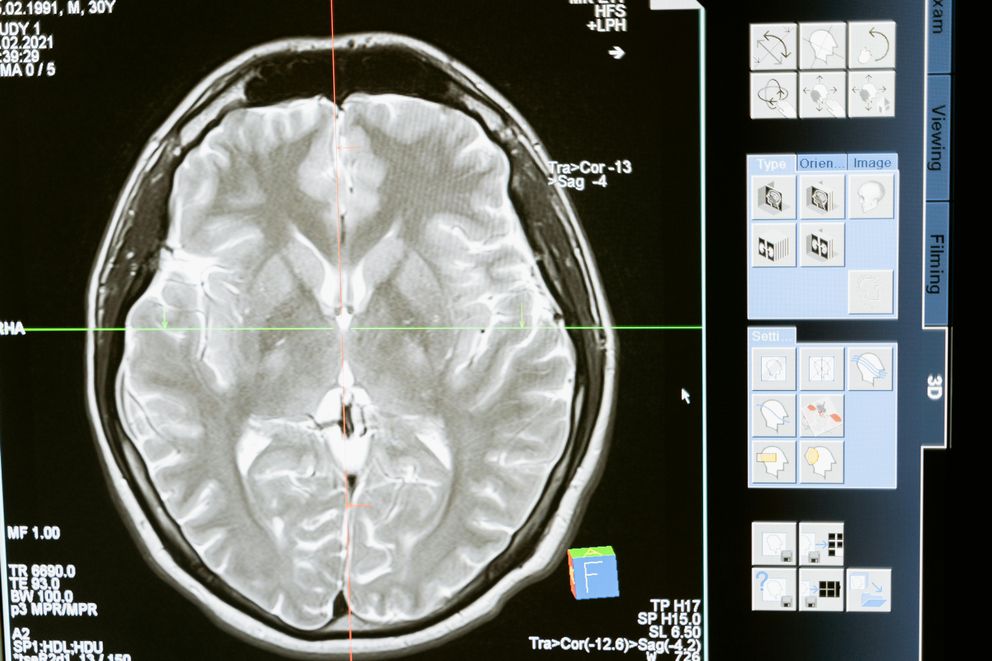
Hello, amazing ladies! If you’ve recently had a stroke or are in the process of recovery, you might be wondering what role your diet can play in your journey back to health. The great news is that your food choices can have a massive impact on your recovery and long-term well-being.
Let’s explore the best diets for women after a stroke in 2024—diets that are not just healthy but also delicious and easy to follow.
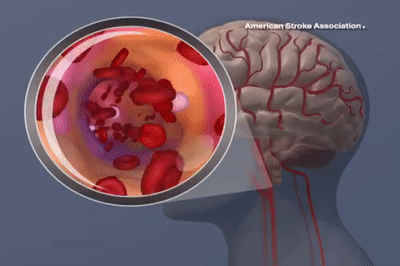
The Mediterranean diet has long been celebrated for its heart-health benefits, and it’s a top pick for stroke recovery too. This diet emphasizes fruits, vegetables, whole grains, olive oil, and lean proteins like fish and chicken.
Why It Works: The Mediterranean diet is packed with omega-3 fatty acids, antioxidants, and fiber, all of which are crucial for brain and heart health. Research shows that women who follow this diet can reduce their risk of a second stroke by up to 30%. Additionally, this diet is associated with lower levels of inflammation and improved cognitive function.
Fun Fact: A study published in Stroke journal found that individuals who closely followed the Mediterranean diet had a 20% lower risk of experiencing a second stroke.
The DASH (Dietary Approaches to Stop Hypertension) diet is another superstar when it comes to stroke recovery. It’s all about reducing sodium intake while increasing your consumption of potassium-rich fruits and vegetables, whole grains, and lean proteins.
Why It Works: High blood pressure is a leading cause of strokes, and the DASH diet is specifically designed to help manage hypertension. By following this diet, women can lower their blood pressure significantly, reducing the risk of another stroke by as much as 27% according to the American Heart Association Journals.
Quick Tip: Replace salty snacks with heart-healthy alternatives like unsalted nuts or fresh fruit.
Going plant-based is more than just a trend—it’s a powerful way to support stroke recovery. This diet focuses on whole, unprocessed foods, primarily from plant sources, including vegetables, fruits, legumes, nuts, and seeds.
Why It Works: A plant-based diet is low in saturated fats and high in fiber, which helps control cholesterol levels, reduce inflammation, and improve vascular health. Women who eat more plant-based foods have a lower risk of recurrent strokes. In fact, studies have shown that diets rich in fruits and vegetables can lower stroke risk by 21%.
Tasty Idea: Experiment with plant-based versions of your favorite dishes, like a hearty vegetable stir-fry with tofu instead of meat.

The Flexitarian diet is a flexible approach that primarily focuses on plant-based foods but allows for occasional meat and fish. It’s perfect for women who want the benefits of a vegetarian diet without completely giving up animal products.
Why It Works: This diet helps reduce the intake of red and processed meats, which are linked to higher stroke risk, while still providing the flexibility to enjoy a variety of foods. It’s also rich in fiber, antioxidants, and healthy fats, making it a heart-friendly choice for stroke recovery.
Easy Swap: Try having a meat-free day once a week and build up from there, incorporating more plant-based meals into your routine.
Your diet is a powerful tool in your recovery journey after a stroke. Whether you choose the Mediterranean, DASH, Plant-Based, or Flexitarian diet, each offers unique benefits that can help you regain strength, protect your heart, and improve your overall health. Remember, it’s not just about eating less salt or more vegetables—it’s about embracing a lifestyle that supports your long-term wellness in the most delicious way possible.
So, as you navigate your recovery, let your plate be a source of nourishment, strength, and joy. Here’s to a healthier, happier you in 2024!
A: It’s never too early to start thinking about your diet. As soon as you’re medically cleared by your doctor, you can begin incorporating heart-healthy foods and making gradual changes. The sooner you adopt a nutritious diet, the better it can aid in your recovery and reduce the risk of another stroke.
A: Yes, absolutely! Diets like the Mediterranean and DASH have been scientifically proven to help lower blood pressure, reduce cholesterol, and improve overall heart and brain health. These changes can significantly aid in recovery and help prevent future strokes.
A: It’s best to avoid foods high in saturated fats, trans fats, salt, and added sugars. These can increase blood pressure and cholesterol levels, potentially raising the risk of another stroke. Processed foods, fried foods, and sugary snacks should be limited or avoided.
A: Yes, a well-planned plant-based diet can provide all the necessary nutrients for stroke recovery. Focus on a variety of vegetables, fruits, whole grains, legumes, nuts, and seeds. You may also want to consult a nutritionist to ensure you’re getting adequate protein, vitamin B12, iron, and omega-3 fatty acids.
A: Start slow and make small, manageable changes. Incorporate more fruits and vegetables into your meals, switch to whole grains, and use healthier fats like olive oil. Planning meals, preparing in advance, and finding support from family or a community can also help maintain these changes long-term.
A: Not necessarily. The focus should be on eating a balanced, nutritious diet rather than strictly counting calories. However, being mindful of portion sizes and overall intake, especially of high-calorie foods, can help with weight management and recovery.

Social gatherings often mean a spread of carb-heavy foods and tempting desserts that can make sticking to the carnivore diet feel tricky. But with a b...
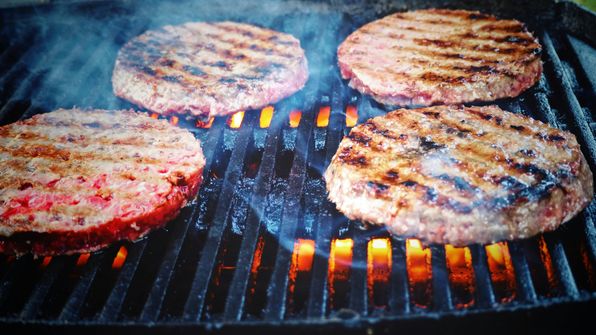
The carnivore diet is often seen as straightforward: eat meat, keep it simple. But adapting it seasonally can bring freshness, variety, and local flav...
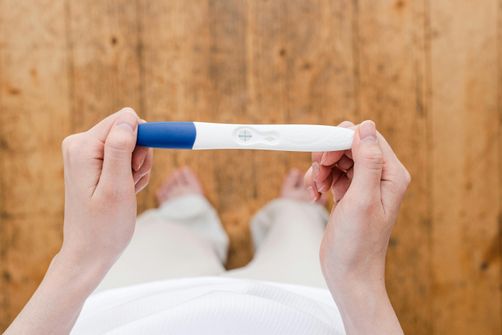
The carnivore diet has become increasingly popular, but like any extreme dietary approach, it raises important questions—especially for women concerne...

The carnivore diet has gained attention globally, but women’s experiences and cultural approaches to animal-based eating vary widely depending on wher...
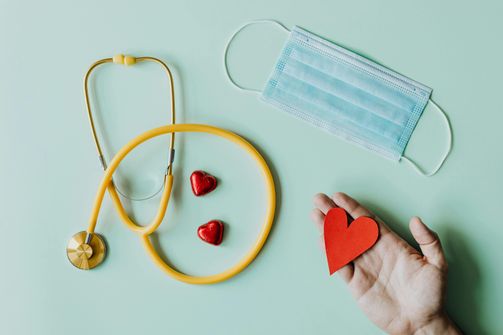
Living with Chronic Obstructive Pulmonary Disease (COPD) can make everyday activities feel like a marathon, especially for women who are juggling heal...